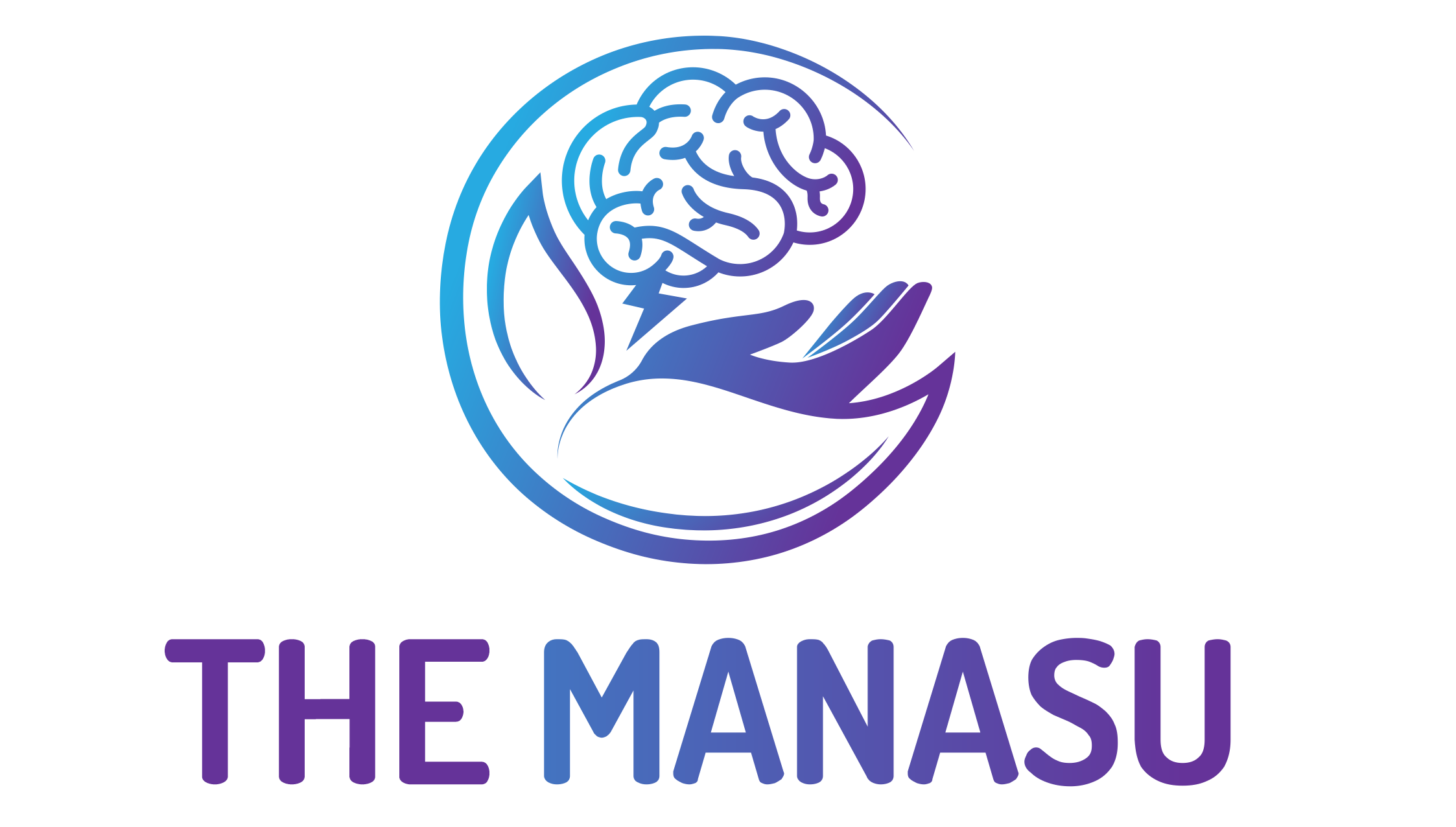In the fast-paced world of today’s workplace, the struggle against burnout has become an ever-present challenge. The impact of prolonged stress and fatigue not only affects individuals but can significantly dampen overall team productivity and satisfaction. So, what can organizations do to
address this growing concern? One powerful solution lies in the strategic implementation of time
off.
Understanding Burnout: A Silent Workplace Epidemic
Before delving into the solution, it’s crucial to recognize the signs and symptoms of burnout.
Employees experiencing burnout often exhibit emotional exhaustion, reduced performance, and
a sense of detachment from their work. In an era where remote work blurs the lines between
professional and personal life, addressing burnout has become more critical than ever.
The Power of Time Off: A Proactive Approach
In the quest for sustained employee wellbeing, organizations must consider time off as a
proactive strategy rather than a reactive one. Encouraging employees to take periodic breaks,
vacation days, or mental health days can significantly contribute to their overall job satisfaction
and mental resilience.
Breaking the Stigma: Fostering a Culture of Wellbeing
Creating an environment where time off is not only accepted but also encouraged is essential.
Leaders play a pivotal role in setting the tone for a positive workplace culture. When employees
witness their leaders prioritizing their own wellbeing and taking time off when needed, it sets a
powerful precedent for the entire organization.
Strategic Implementation: Balancing Work and Wellbeing
Organizations should consider implementing policies that promote a healthy work-life balance.
Encouraging employees to disconnect during their time off, fostering a supportive environment,
and offering flexible work arrangements are integral components of a comprehensive strategy.
Measuring Success: Employee Feedback and Improved Productivity
To ensure the effectiveness of these initiatives, organizations can seek continuous feedback
from employees. Regular surveys or feedback sessions can provide insights into the impact of
time-off policies on overall job satisfaction, stress levels, and productivity.
The Road Ahead: Nurturing a Resilient Workforce
Combatting burnout is an ongoing process that requires commitment and adaptation. As
organizations increasingly recognize the correlation between employee wellbeing and overall
success, the strategic integration of time-off policies emerges as a vital tool for nurturing a
resilient and engaged workforce.
In conclusion, fostering a workplace culture that prioritizes employee wellbeing through proactive
time-off strategies is not just a benefit but a strategic imperative. By acknowledging and
addressing burnout, organizations can pave the way for a healthier, more motivated, and
ultimately more successful workforce. Together, let's redefine success by placing employee
wellbeing at the forefront of our organizational strategies.





